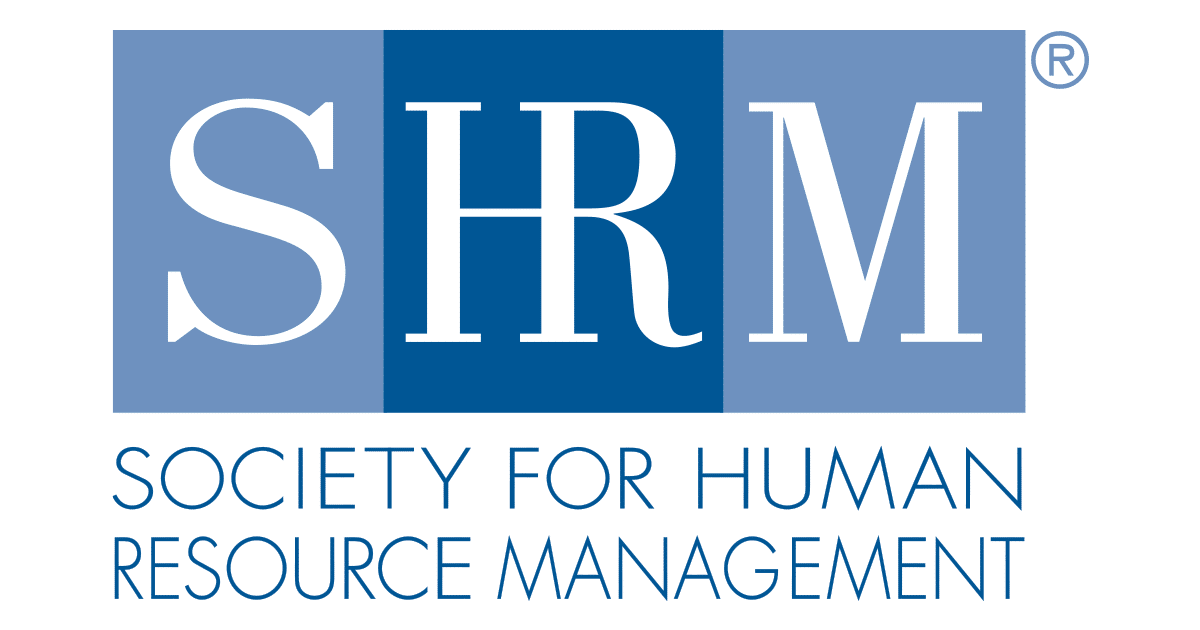Mental Health Awareness Month was established in 1949.
The entire month of May to bring awareness to the prevalence of Mental illness and help reduce the stigma that accompanies it.
Our physical and mental health are directly related and maintaining a workplace that promotes both physical and mental health is crucial to employee morale.
We encourage you to take some time to assess where you are with your mental health and then take it a step further and explore where your staff may be.
To help, we have compiled a few tips to help identify and encourage mental health wellness within your team.
1. Be mindful of Burnout
We are all facing added stressors, so being proactive about your staff’s mental health needs and recognizing signs and symptoms of burnout is critical.
Pay attention to signs of employees becoming disengaged. Increased cynical comments, and last min work call outs can all be burnout signs.
Burnout can manifest into feelings of helplessness, doubting oneself and increased job dissatisfaction.
Recognizing these signs early will allow for intervention and can help you step in and change the negative effects sooner.
2.Encourage Your Staff to Practice Self Care
As many things, this is easier said than done.
It will take persistence to encourage employees to give themselves what they give to others; grace, compassion and attention.
As a leader it is also up to you to take your own advice and demonstrate what self care looks like.
Simple steps like encouraging a break as needed or using that PTO for a vacation can go a long way.
Be a model in work-life boundaries by avoiding responding or sending emails late at night.
Check in with your staff on a regular basis to be sure they spend time each day practicing self care in whatever way works for them.
Maintaining an active lifestyle, eating a healthy diet, getting enough sleep and avoiding unhealthy habits such as smoking and excessive drinking are all critical to self care.
3. Provide Mental Health Resources
Instead of continuing the stigma of seeking mental health care invest in your staff by sharing resources for free screenings and other resources.
Mental health and stress management education is a great tool extremely important to employees.
Be sure to check with your company’s insurance provider to gain and share access to any free resources available.
Simply sharing and making information available to your employees can go much further than you may realize.
Providing information to mental health websites, crisis hotlines and community programs can be just the step that someone might need to get help.
4. Show Employee Appreciation and Recognition
Stress can get the best of all of us, but in these times don’t forget to simply thank your employees for the work they are doing.
Showing gratitude and recognition can fill employees cups and remind them their work is meaningful and important.
Everyone is susceptible to experiencing challenges that can impact their mental health, although it can widely vary from person to person.
Mental illnesses are just as prevalent, if not more, than common physical ailments such as Asthma, Diabetes or Heart Disease. The difference is the stigma that is typically associated with mental illness.
Written By: Morgan Henry











